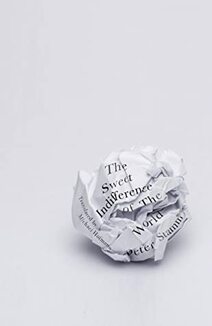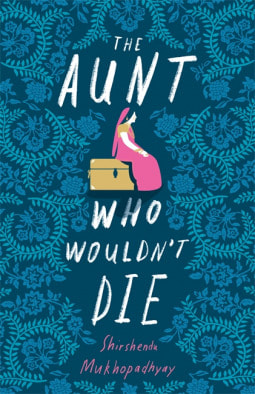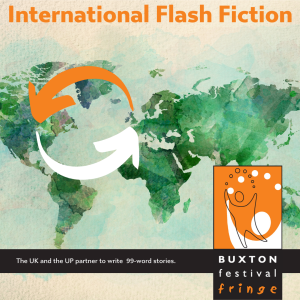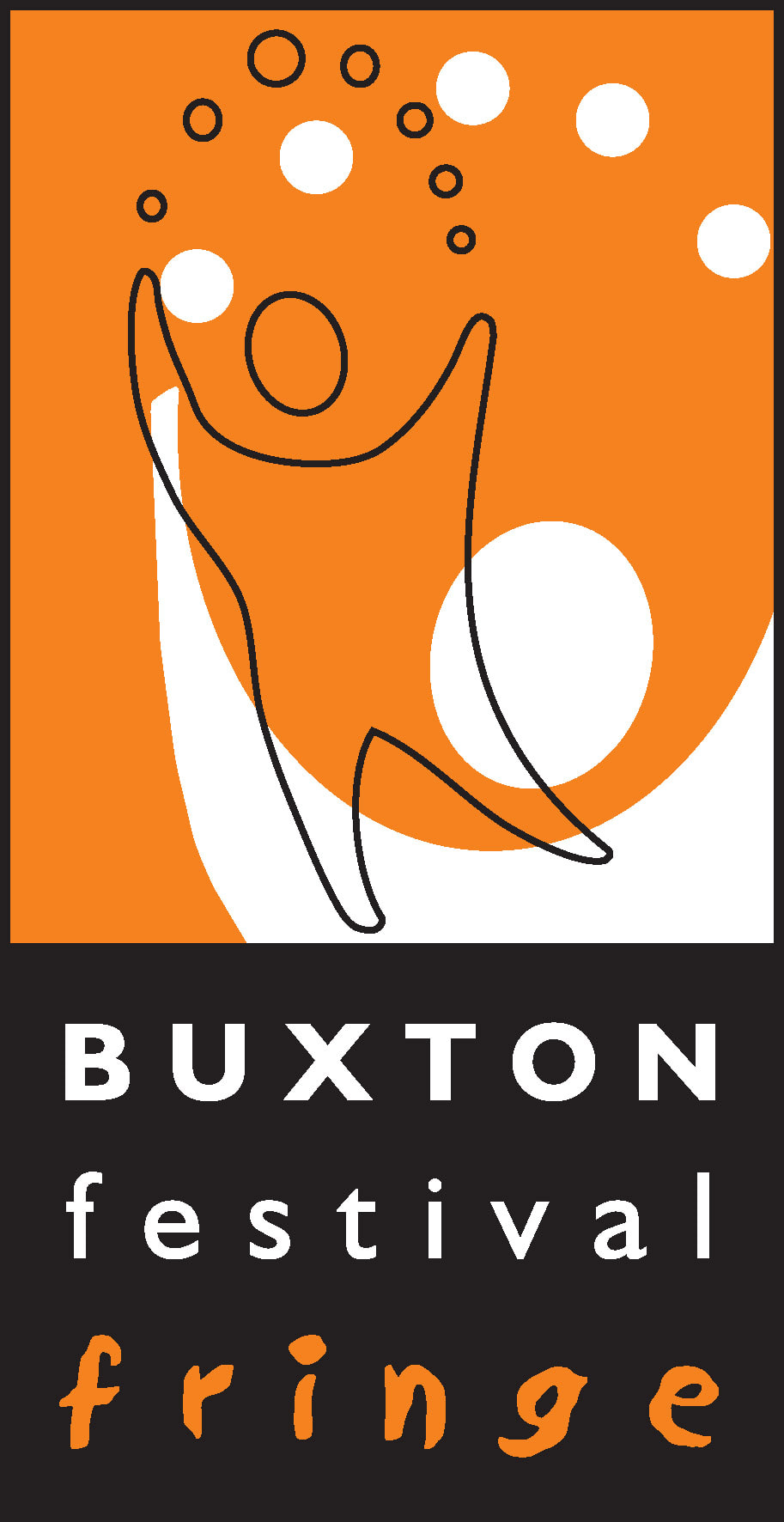The Sweet Indifference of the World by Peter Stamm translated by Michael Hofmann
Lena reminds Christoph of another actor, Magdalena, and their doomed love affair that inspired his bestselling novel. Yet more uncanny, Lena’s new husband, Chris, is also a writer, torn between lofty literary ambition and the more lucrative TV screenplays. Chancing upon Chris years ago on a book tour, Christoph was shocked to come face-to-face with his doppelgänger. When he finally got to tell the younger man his story – part warning, part a yearning for connection – on the beach in Barcelona, Chris searched the Internet and told Christoph his book didn’t exist.
What’s real, what’s fiction? Can we choose the life we lead or is it predetermined by fate? Do different versions of ourselves live simultaneously in parallel universes? Can we trust our own memories? How do we know we exist?
It’s not so unusual for literary authors to explore these existential questions. Although I prefer to interact with fiction on an emotional rather than intellectual plane, this is one of the best of the philosophical novels I’ve read. Thanks to publishers Granta for my review copy.
The Aunt Who Wouldn’t Die by Shirshendu Mukhopadhyay translated by Arunava Sinha
Perhaps because she’s the youngest, perhaps because she’s the one who finds the body, but the ghost of the despotic matriarch singles out Somlata for special (mis)treatment. Despite Somlata’s struggles to save the family from destitution, and to keep them fed, things don’t run as smoothly as they might. When Somlata and her husband try for a baby, the ghost continues to interfere.
A contemporary classic in India, where it was first published in Bengali in 1993, this is a light-hearted take on family tensions with a supernatural twist. Thanks to British publishers John Murray for my review copy.
Coming up for Air by Sarah Leipciger
Time and circumstances keep these three stories apart, but they are linked by an invention which, although not a household object, many of us will know. But since the blurb does not refer to this, and the author doesn’t reveal it until towards the end of the novel, I won’t name it, although I think I would have enjoyed it more if I’d known what it was about.
As it was, I found the women’s strands more engaging, although Pieter perhaps makes the greatest contribution to the end result. I enjoyed the history and science, and plus points for featuring cystic fibrosis, which I don’t think I’ve encountered in fiction before. The prose is fine but, overall, it didn’t feel as special as it could have been.
Published by Doubleday, Coming up for Air is Canadian-born Sarah Leipciger’s second novel following her acclaimed debut, The Mountain Can Wait, a poignant tale of family and fatherhood and the conflicts between work and home.
| When the Carrot Ranch got severely spammed by a character with the unlikely name of Monreal Dorb, Charli Mills transformed it into a flash fiction prompt. I thought they might have confused the Ranch for portal to a parallel universe, until I realised I hadn’t posted a pandemic rant for over a week! Which is itself like inhabiting parallel universe – here’s what I did with my 99-words: |
Monreal Dorb regrets (sort of)
I regret the inconvenience, but I acted in good faith. Times are tough and, if the boffins can’t create a vaccine, we must apply ourselves by fair means or foul. When a president advocates bleach and hydroxychloroquine, what’s wrong with tinkering with spam? When spiced ham couldn’t cut the mustard, I went digital. Viral. If you thought my behaviour brutal, be thankful you’re no virgin, raped as a fantasy cure for AIDS. So carrots, why not carrots? Avoiding the stick, they help us see in the dark. In the current leadership vacuum, don’t you yearn for some of that?




























 RSS Feed
RSS Feed





















